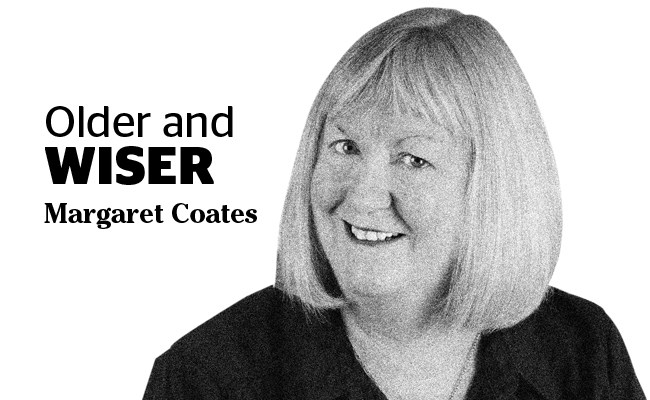Seniors are increasingly aware of frauds, scams and financial abuse … or are they?
An Aug. 5 CBC article titled “Tech-savvy millennials getting scammed more than seniors” stated that 11 per cent of seniors reported losing money in a scam, while 34 per cent among the 18 to 24 demographic reported losing money.
Deborah Brady of the Better Business Bureau in Ontario said, “Seniors have been getting a little more savvy. They are preparing themselves by learning about the scams and are now less likely to fall for them. They’re not targeted any less, but they’re not falling for the scams as much.”
This good news means that the word is getting out to seniors about the dangers of scams. Walk into any seniors centre on the North Shore and you will find a presentation about frauds and scams or posters alerting people to them.
Is the news getting out about other less public forms of abuse for seniors though?
Not according to Martha Jane Lewis, chair of the B.C. Council to Reduce Elder Abuse (CREA). She says that a major challenge for her organization is raising awareness about financial abuses which might arise among seniors and their families or friends, such as joint bank accounts, undocumented loans to children, putting children on title of property, joint credit cards and co-signing loans.
At the John K. Friesen Conference held in May at Simon Fraser University, Lewis and colleague Hilde Deprez, a notary with an older clientele, went through each of the possible financial abuses listed above. They noted how each of these arrangements between adult children and seniors could become abusive and suggested ways to prevent these abuses. For more information go to sfu.ca/grc/friesen/Friesen2016.html.
In my last column I said that one of the reasons debt is rising for some seniors is because they lend or give money to their adult children. Many of the loans, which are often undocumented or at best poorly documented, are never paid back. Adult children of seniors may see these loans as gifts because of a sense of entitlement (the money is part of their inheritance), greed or infantilism (I know best how to spend my parent’s money). Although there is a legal presumption that money given to an adult child is a loan and not a gift, Lewis and Deprez’s advice to seniors is to get good documentation for the loan to save on complications later.
Joint bank accounts can backfire for seniors if they don’t take precautions when setting these up. Money in a joint account can be accessed by either party which means a senior loses power over how the funds are spent. Lewis and Deprez’s recommendation is to set up a new account which is smaller than the senior’s main account and to also make sure funds from the account become part of the estate.
If you are a senior experiencing financial abuse, or know of one, there are organizations ready to help.
B.C. Centre for Elder Abuse and Support (BC CEAS) works to prevent elder abuse across the entire province. They provide assistance and support to older adults who are, or may be, abused and those whose rights have been violated.
The North Shore Community Resources Society provides legal services and information for older adults on the North Shore. NSCRS is sponsoring an elder law clinic in co-operation with BC CEAS. Check out their website for information nscr.bc.ca/information/legal.html, or phone them at 604-985-7138.
These days, we may be wary of Internet scams originating from strangers in distant locations. Let’s also be aware of the potential for financial abuse of seniors that can occur much closer to home.
Margaret Coates is the co-ordinator of Lionsview Seniors’ Planning Society. She has lived on the North Shore for 47 years and has worked for and with seniors for 20 of those. Ideas for future columns are welcome Email: [email protected]



